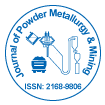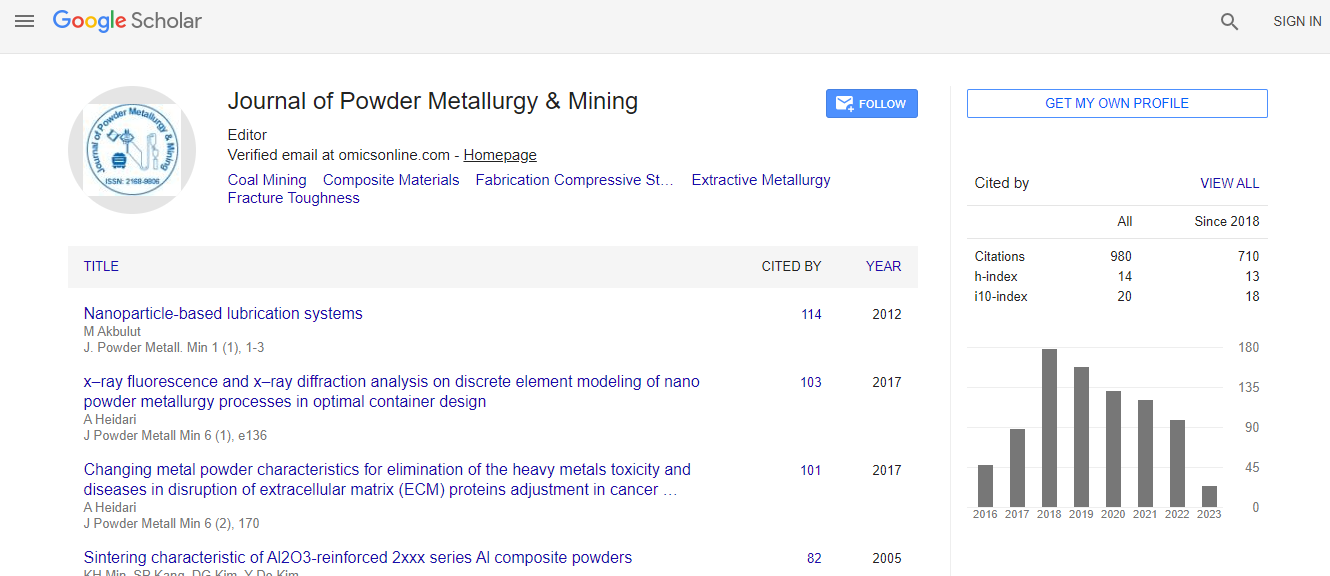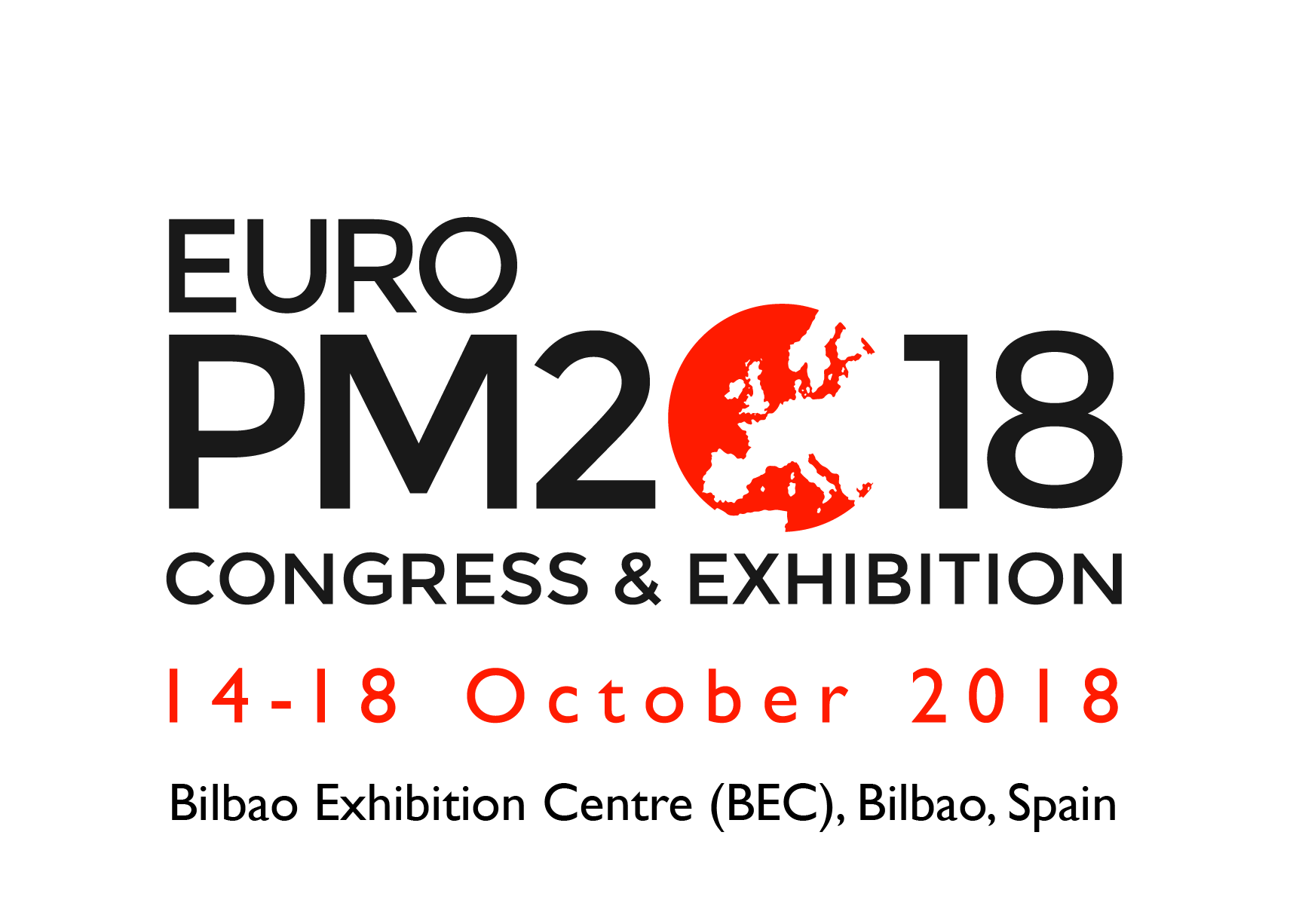Case Report
Comparative Assessment of Locally Produced Reinforcing Steel Bars for Structural Purposes: 12 mm Steel Bars from Delta Steel Company (DSC), Warri-Nigeria as a Case Study
Ocheri C1* and Ibe LO21Department of Metallurgical and Materials Engineering, University of Nigeria Nsukka, Enugu State, Nigeria
2Chemical Engineering Department, University of Leeds, UK
- *Corresponding Author:
- Ocheri C
Department of Metallurgical and Materials Engineering
University of Nigeria, Nsukka, Nigeria
Tel: +2348068433419
E-mail: cyril.ocheri@unn.edu.ng
Received date: December 30, 2016; Accepted date: February 16, 2017; Published date: March 06, 2017
Citation: Ocheri C, Ibe LO (2017) Comparative Assessment of Locally Produced Reinforcing Steel Bars for Structural Purposes: 12 mm Steel Bars from Delta Steel Company (DSC), Warri-Nigeria as a Case Study. J Powder Metall Min 6:159. doi:10.4172/2168-9806.1000159
Copyright: © 2017 Ocheri C, et al. This is an open-access article distributed under the terms of the Creative Commons Attribution License, which permits unrestricted use, distribution, and reproduction in any medium, provided the original author and source are credited.
Abstract
Some relevant Chemical and Mechanical Properties of 12 mm ribbed steel bars from three different Heat Numbers of Delta Steel Company (DSC), Warri were investigated. The results of the chemical analysis show that the three samples have percent carbon content higher than the 0.25%C recommended by BS 4449 of 1997 and 0.30% recommended by ASTM A706. The results show that sample 1 has 0.32%C, sample 2 has 0.38%C and sample 3 has 0.31%C. This high percent carbon must have contributed to the high tensile strength values obtained. The values of the percentage elongation at fracture for all the tested steel samples surpassed the 12% recommended by BS and 10% recommended by ASTM A706. The results of the hardness test show 26.31 HRC for sample 1, 26.50 HRC for sample 2, and 26.40 HRC for sample 3. These values are higher than 13.48 HRC and 23.85 HRC estimated for BS4449, 1997 and ASTM A706 respectively. This means that most steel bars used for construction projects in Nigeria have higher mechanical property values than the standards, hence satisfy the required quality for construction.

 Spanish
Spanish  Chinese
Chinese  Russian
Russian  German
German  French
French  Japanese
Japanese  Portuguese
Portuguese  Hindi
Hindi 

